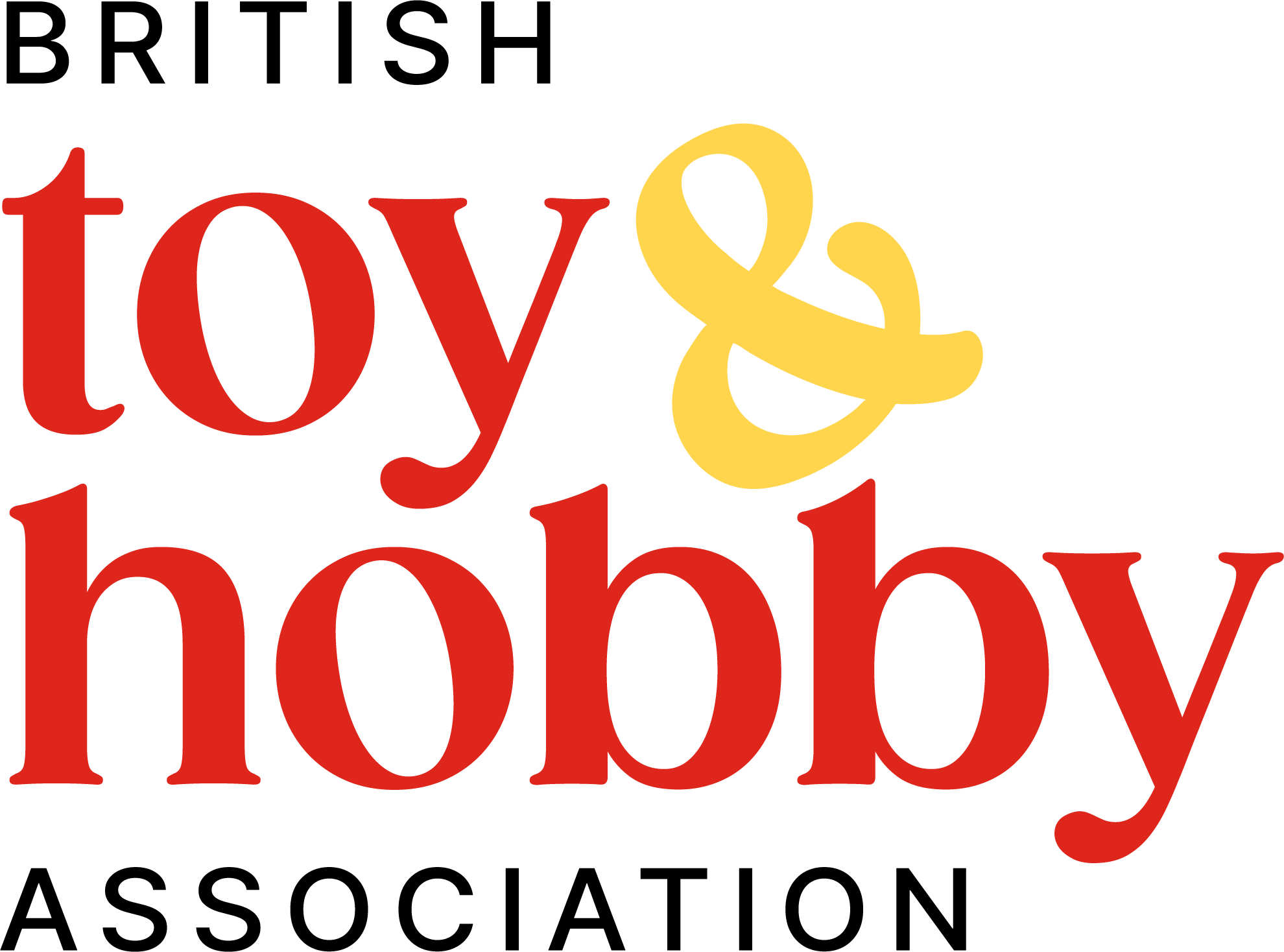CHILDREN GET JUST ONE HOUR OF PLAY A DAY
CHILDREN GET JUST ONE HOUR OF PLAY A DAY
 Figures released today by The British Toy and Hobby Association (BTHA) and Play England show that parents feel their children are not having enough playtime with the average child playing for just over one hour (70 minutes) each day. Parents would like to see this time double.
Figures released today by The British Toy and Hobby Association (BTHA) and Play England show that parents feel their children are not having enough playtime with the average child playing for just over one hour (70 minutes) each day. Parents would like to see this time double.
The BTHA and Play England commissioned the survey that found a quarter of parents feel they had a lot more time to play when they were a child compared to their children. Half of parents feel that their children are under more pressure today than ever before and that school, homework and extra lessons are preventing them from playing. One in ten said they feel their children have increasingly structured days and one in five don’t think their children have enough free time to just be children.
Almost a third of parents (27%) feel like time playing with their children is becoming limited due to work pressures such as overtime and a bid to impress employers and over a third (39%) would like to have flexible working time so they can spend more time encouraging their kids to play.
The research found that one in four parents find it difficult to think up different ways to support their children to play and a third (32%)would like a resource to be available that gives them ideas to encourage more play.
The BTHA has therefore partnered with Play England to ask parents to ‘Make A Pledge’ to allocate more of their children’s time each day to spend playing. Parents can make their pledge via Facebook at www.facebook.com/maketime2play and will be able to receive help and ideas of what to do with the time they pledge.
The aim is to get the UK to collectively pledge 2 million extra minutes to play over the next three months. Parents can pledge anything from just 5 minutes a day to an hour. They can also keep adding time if they are easily hitting their own target.
“Play helps a child to develop a whole range of skills from learning how to take turns and share to increasing fitness, creativity and even self-esteem. Through fun and play a child learns about the world around them”, said Dr Amanda Gummer, a psychologist who advises the BTHA. “This research shows that children today are not getting enough time to play and their parents want to change this”.
Adrian Voce, Director of Play England, said “Play England are pleased to partner with the British Toy and Hobby Association to encourage more play for all children. Both organisations believe in the power of play and the benefits it has for the development of all children, such as health, learning and enjoyment. An easy way for families to pledge towards the 2million extra minutes is to attend one of a thousand events taking place across the UK on 4 August to celebrate Playday. Through the ‘Make Time to Play’ campaign we hope that steps will be made to give our nation’s children the playtime they need and deserve”.
Parents are also invited to share their favourite games and tips to inspire children to play through the Facebook page and can get lots of ideas of how to fill their pledged time at www.maketime2play.co.uk. The site details the benefits of play and gives parents ideas of what to do to keep children entertained over the coming months including Playday – the annual celebration of children’s right to play on Wednesday 4th August.



 Facebook
Facebook Twitter
Twitter YouTube
YouTube Instagram
Instagram
